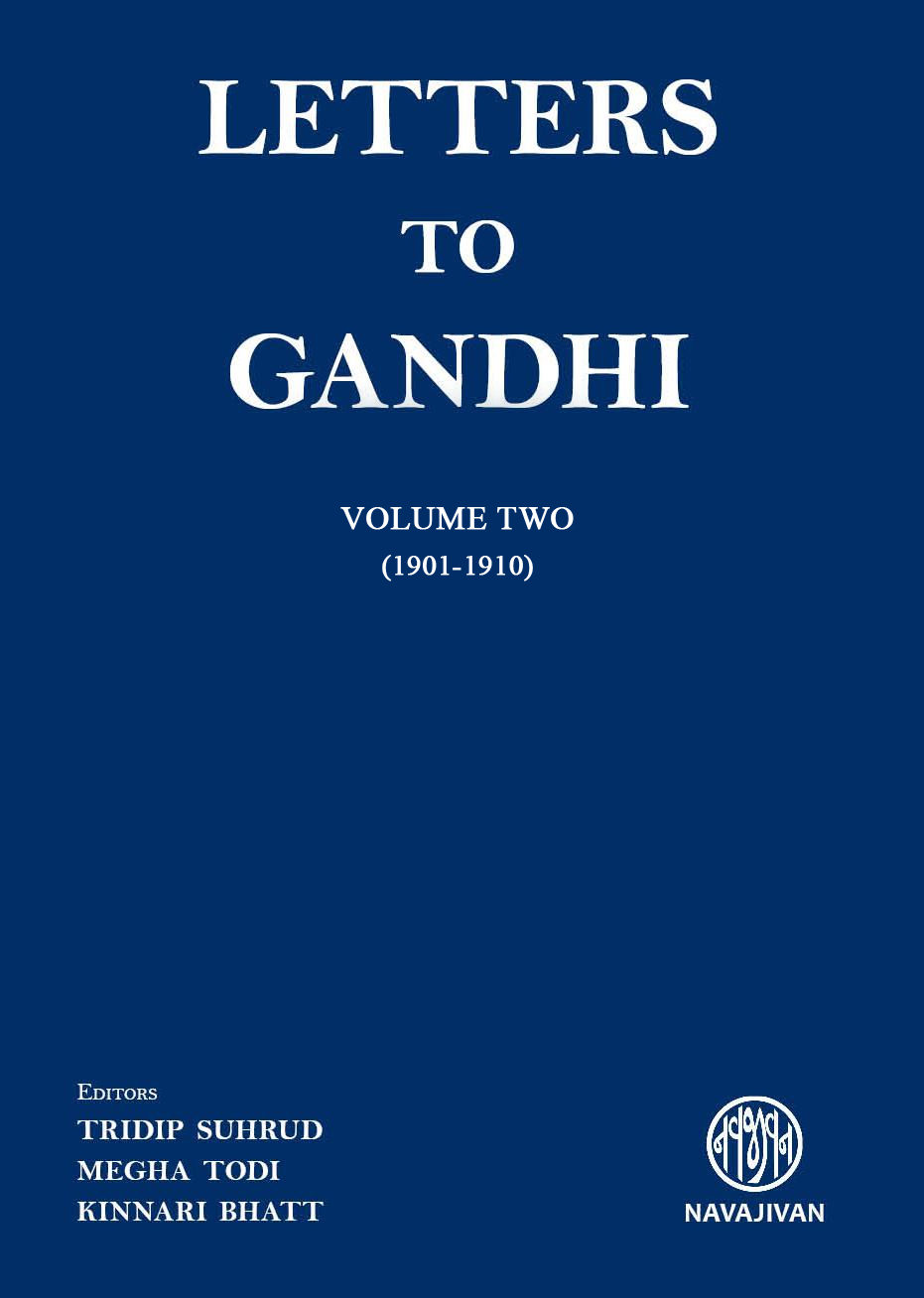
Some men changed their times...
One man changed the World for all times!
Comprehensive Website on the life and works of
Mahatma Gandhi
+91-23872061
+91-9022483828
info@mkgandhi.org

+91-23872061
+91-9022483828
info@mkgandhi.org
A peek into Mahatma Gandhi’s mailbox
Most Gandhian scholars are aware of the exhaustive Collected Works of Mahatma Gandhi (CWMG) running into 97 volumes and published between 1958 and 1994. They consist of letters, articles, and speeches written or made by Bapu during his lifetime. But in the quite preserve of the Sabarmati Ashram Conservation and Preservation Trust, there are some 8,500 letters that Bapu had retained during his lifetime. These were the letters he had received. The Navajivan Trust, a publication set up by Bapu, has published the second volume of ‘Letters to Gandhi’ consisting of 281letters written to him between 1901 and 1910. The first volume published in 2017 consisted of 312 letters (1890 to 1900) that were written to him while he was corresponding with a staggering range of public figures in South Africa. “The CWMG volumes present Bapu’s view of the world and himself, but rarely has there been an effort to delve into Bapu’s times and his legacy,” says a senior official at the Navajivan Trust. “For that one needs to read the CWMG with letters written to him.” The latest volumes are the first efforts by a team of researchers who have looked into Bapu’s inbox and have compiled the volumes. The editors of the volumes — Tridip Suhrud, Kinnari Bhatt, and Megha Todi — have painstakingly gone through these letters and transcribed them. People who wrote to Bapu belonged to different religions, countries, and social classes. From his earliest years as a lawyer, Bapu was in touch with groups of Muslims, Hindus, Christians, Jews, and Parsis. Among his interlocutors were the members of the Gujarati diaspora, and of Tamil, Anglo-Indian, and European associations. The Sabarmati collection has rare letters from Bapu’s closest associates. They include H O Ally, his long-serving secretary in South Africa, Sonja Schlesin, another long-time collaborator, L W Ritch and his friend and crucial second-incommand, Henry Polak. Courtesy: The Times of India, dt. 04.01.2021 |